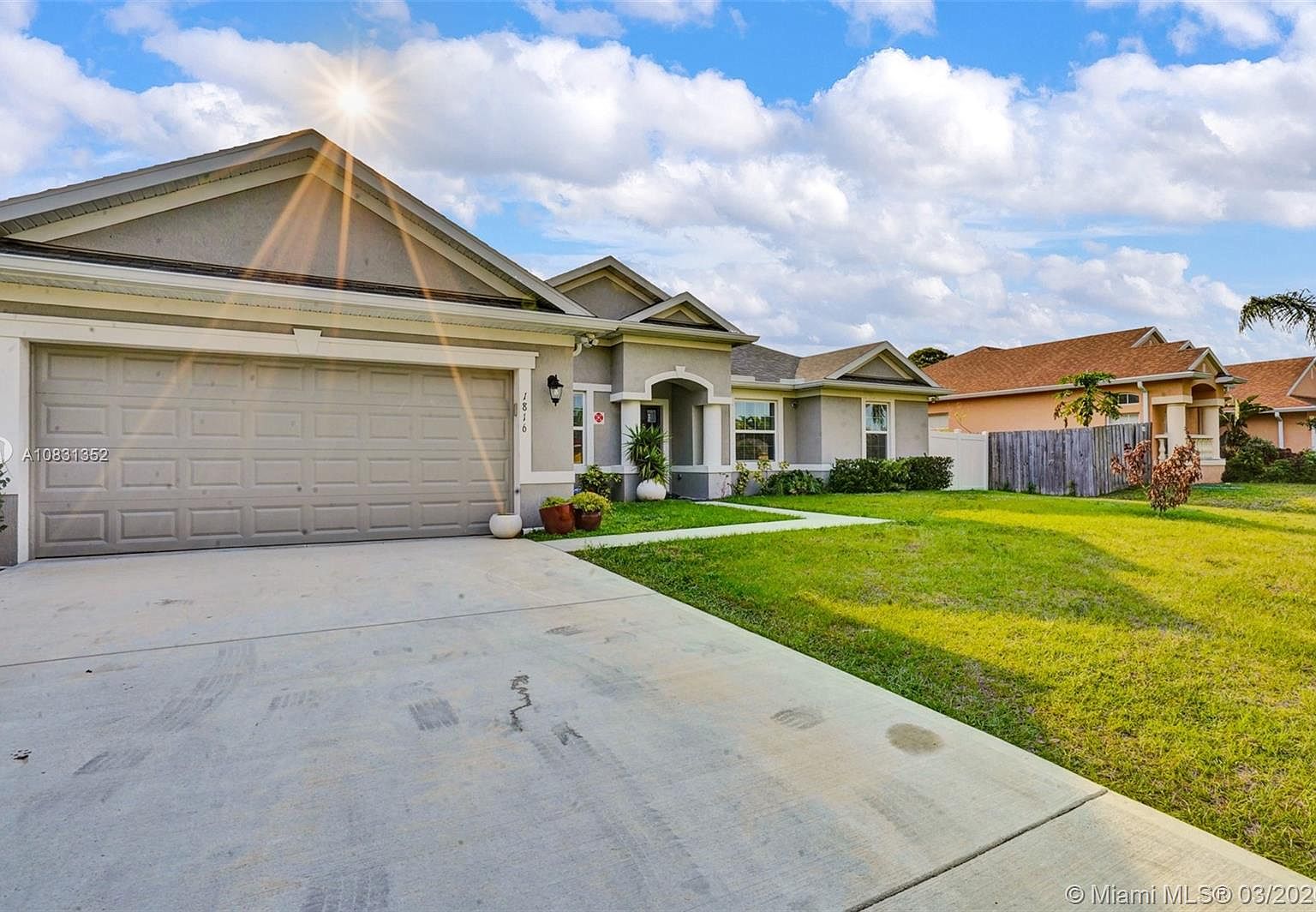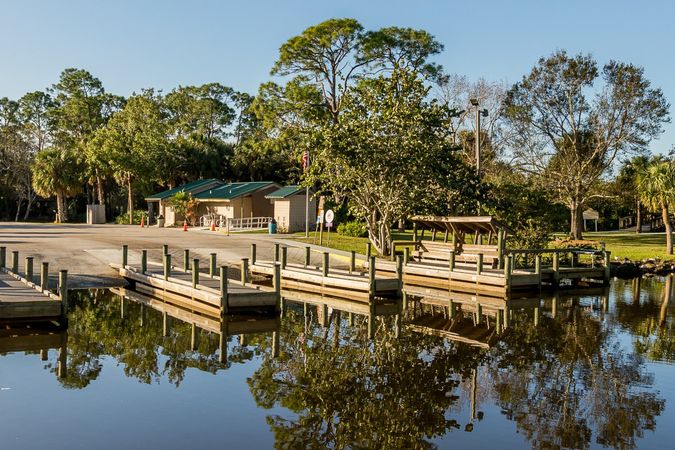What’s Pre-Inventory? Pre-Inventory is better known as “Shadow Inventory” “Shadow inventory” in property refers to properties that are already foreclosed on and bank-owned (REO.) Basically, any land that’s foreclosed that will be in the marketplace in the future, but not yet, is shadow stock or what we call, Pre-Inventory The reason is since the properties are parked in banks’ balance sheets’ darkness waiting to be put on the market and sold. When is shadow stock released on the industry? The National Association of Realtors recently stated that there is roughly 4 decades of shadow stock gathered on the creditors’ books — that means that even if their stock was released by the lenders on the market, there’s a backlog of 4 years. It is intriguing to understand that property investors aren’t the only ones viewing the shadow stock closely.
Economists will also be keeping an eye on shadow stock for a couple of factors. A good Real Estate Agent knows that if the banks start to release the properties the banks are signaling their prediction that the home market is on its way up and has hit the floor. Additionally, because home is an important variable of the economy as a whole, an economy that is expanding is meant by shrinking shadow stock. Why don’t the banks market the properties today?


1. Most states have enacted laws that impede the foreclosure procedure
2. Lenders know that holding the properties will allow home costs to rise when they do sell and they can find a greater return.
Fundamentally, they do not want to flood the market with”distressed” properties, that are going to attract the values in general down. How does “shadow inventory” benefit a real estate investor? If a property agent knows how to approach REO departments, especially of portfolio lenders, smaller banks, and credit unions, then they have a chance to beat the competition and purchase properties. Bigger banks usually have land assets supervisors and real estate representatives, who will record properties to their own as they become available. In these situations, if the real estate agent can set a connection, which is mutually beneficial, together with these resources managers and realtors, they can get to”insiders’ data” about if REO properties can be found before they hit the market.

Real estate investors are betting on Florida’s real estate inventory. The demand for homes in Florida continues to outpace supply, and this is showing no signs of slowing down. One way to capitalize on this opportunity is by buying homes that are already under contract and re-registering them when they are sold at a higher price.
Selling land with good traffic is an advantage for all buyers. Waterfront property in Fort Pierce has multiple homes on the market with buyers, and often these buyers are willing to pay a premium for a property with lots of beachfront, and/or access to the marina. This is not always the case, but the market is currently strong enough to attract buyers who are willing to pay more.
The Florida Foreclosure Prevention Act is one of the strongest laws in the country, and it protects FFL buyers. It protects from predatory lending practices. This means that lenders who are in the business of securitizing and selling mortgages are not allowed to take their own profits off the top of the loan, as they can in other states. The laws are a big help to potential buyers who want to buy homes in Florida, and who don’t want to end up owing a huge mortgage, as is often the case with predatory lending.
In some of the less desirable areas of Florida, and even in many of the more popular areas, there is a shortage of inventory. In Fort Pierce, there are two major grocery stores; however, there is also a Gap, H&M, and Dick’s Sporting Goods. The population density is low, so there are very few options for casual shoppers.
Florida farmers have lost jobs to fast-food workers. Farmworkers are willing to work longer hours and offer better wages. While an average wage is not high, this means that low-wage workers will be willing to take lower-paying jobs. Florida’s land is valuable because of its proximity to Interstate 95, but it isn’t worth much more than it is now.
Farmworkers in Fort Pierce are turning their attention to urban areas like Jensen Beach and Stuart. Lenders in St. Lucie County, where Fort Pierce is located, are trying to recover the value of their foreclosed homes, by making mortgages on properties that have not been foreclosed. This is an advantage for Florida buyers. Homes in Fort Pierce sell quickly, and at high prices, and buyers with FFLs are able to purchase the properties without losing their security deposits.
Investors are taking advantage of the slowdown in the Florida real estate market and are selling houses that are priced at a premium. These homes include Palm Beach real estate, but they also include other Florida towns that have traditionally had low value. Investors that have built enough equity are making a profit, which makes for great real estate deals.
There is a real estate shortage in Palm Beach County, but that doesn’t mean that there is not any real estate to buy in South Florida. Homes in many of the Florida towns of Fort Pierce, Hutchinson Island, St. Lucie, and West Palm Beach are very attractive. Many of these towns have real estate agents that specialize in selling properties for a price, and for a limited time. By selling off homes while they are under contract, these agents can make a quick profit on homes that might otherwise sit on the market for months or years.
The property boom that is happening in South Florida is putting buyers and sellers on the same side. This is a good thing for buyers who have FFLs but want to get into the market. This is good news for the region, and for FFL buyers who want to buy properties for the long term.
Investors that have built enough equity to support the purchase of real estate in the region are selling the properties to first time homebuyers. Florida’s economy has grown substantially over the past five years, and many first time homebuyers are interested in buying a home in a Florida town. This is an ideal situation for investors, because there is always demand for second homes in Florida. Fort Lauderdale, West Palm Beach, and St. Petersburg.